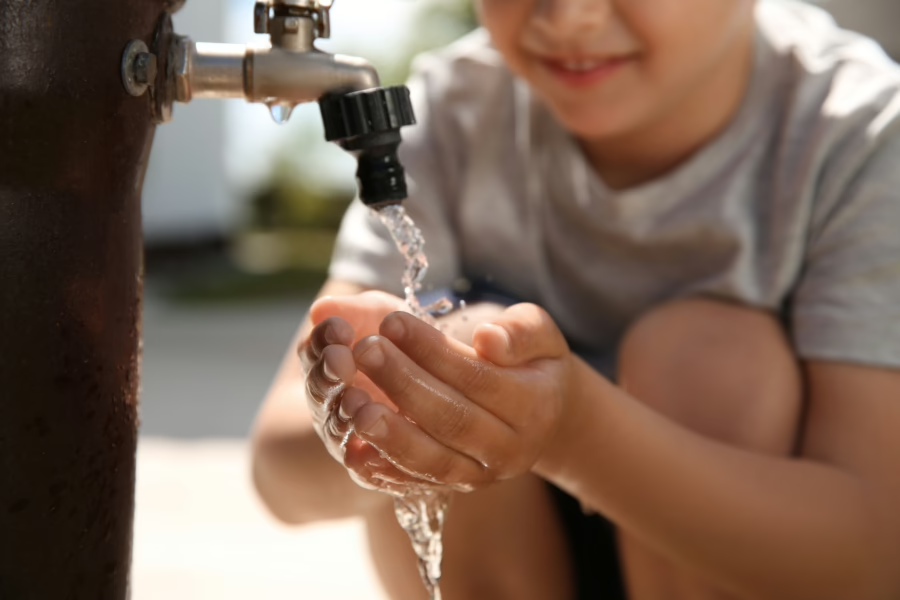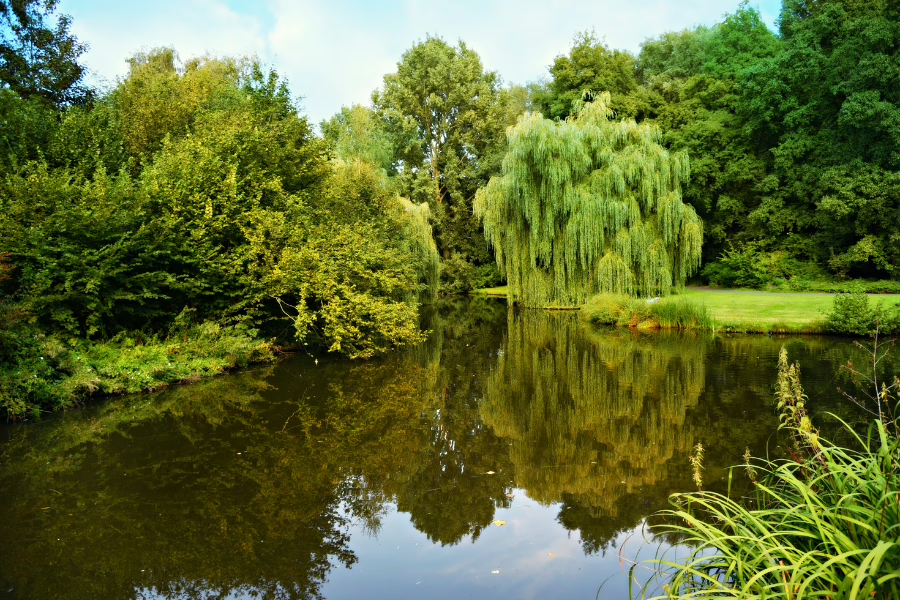Successful partnerships between the agriculture and the water sector are possible and essential to drive the nation towards One Water outcomes. The US agricultural system is globally known for its high productivity, quality, and efficiency in delivering goods that benefit consumers. Agriculture is also one of the largest users of water in the US, and runoff from agricultural lands is believed to be the largest single source of nonpoint source pollution in US waterways. This challenge is complex and requires meeting on common ground, building relationships with farmers, and developing mutual trust. As one of best opportunities to bridge the divide between land management and water management, this topic regularly arose in each of the US Water Alliance’s One Water for America Listening Sessions, and is the focus of Big Idea 2: Accelerate Agriculture-Utility Partnerships to Improve Water Quality.
In the true spirit of Big Idea 2, the US Water Alliance brought together utility and agriculture experts for the second installment of a seven-part webinar series. Mark Jockers, Government and Public Affairs Manager for Clean Water Services presented a partnership case study from the Tualatin River watershed in Oregon. Steve Hershner, the Utilities Director of City of Cedar Rapids, Kristi Heffelmeir, a farmer in the Middle Cedar Watershed, and Jason Gomes, owner of North Iowa Agronomy Partners, presented their case study of the Middle Cedar Partnership Project.
Mark Jockers described how the need to meet regulatory requirements drove local stakeholders to develop a landscape conservation program that had benefits beyond just meeting requirements. The water quality trading program allowed them to implement best management practices with local farms to address water temperature issues in the river and improve soil for farmland. He also described how his program had a slow start, but further outreach into the agricultural community helped them fine-tune the program and grow its success.
Steve Hershner and Kristi Heffelmeir outlined the success of the Middle Cedar Partnership Project, which works with local conservation partners and farmers to install best management practices to improve water quality and soil health in the region. Kristi emphasized the importance of being proactive, meeting with farmers, and listening to them to establish trust and common ground to create holistic, win-win solutions.
Jason Gomes pointed out the need to find solutions that work for farmers. He discussed how cover crops were an important part of the solution in his region and how to tap into neighbor to neighbor communication among small communities as a way of influencing and generating buy-in for ag-utility partnerships.
All of the speakers agreed that creating mutual trust and coalition building are the foundations for sustainable and symbiotic relationships for both industry and ecosystems.
Watch the recording to find out more.
The US Water Alliance worked with more than 40 partner organizations to host 15 One Water for America Listening Sessions. These discussions, which took place all across the country, engaged more than 500 leaders inside and outside the water sector. What we heard from these diverse stakeholders was truly inspiring. Across the nation, people from all walks of life are working to advance sustainable water management. The insights from the Listening Sessions have been synthesized into seven big ideas for the sustainable management of water. Together we are calling these ideas and policy solutions the One Water for America Policy Framework.


